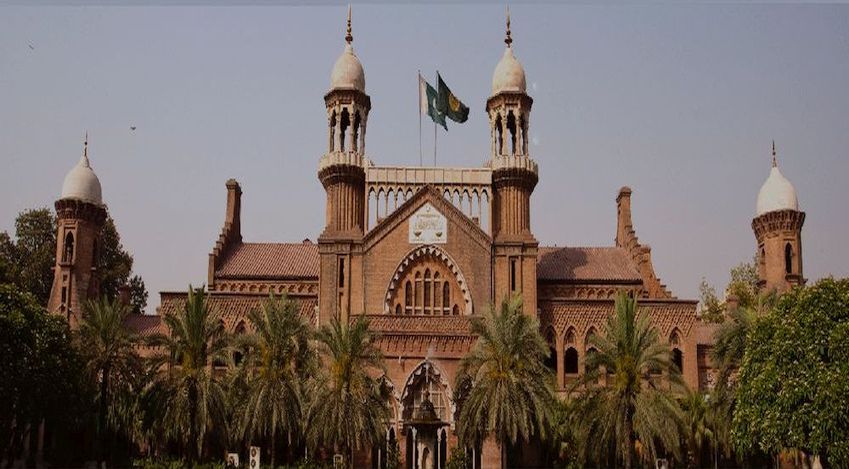Profit on Debt earned before a Company begins its Primary Business Operations should be classified as Income from Other Sources, not Business Income --- Lahore High Court, Lahore
Islamabad 21-10-2024: In a significant ruling on October 7, 2024, the Lahore High Court, in the case of Commissioner Inland Revenue Sialkot Vs. Air Sial Limited (ITR No. 56081/2022), upheld the classification of profit on debt earned before the commencement of a company’s operations as income from other sources rather than business income. The judgment, delivered by Mr. Justice Abid Aziz Sheikh, also clarified the interpretation of pre-commencement expenditure under the Income Tax Ordinance, 2001.
The legal dispute revolved around the taxation of income earned from the investment of surplus funds before Air Sial Limited began its air transport services. The tax authorities had classified this profit as income from other sources under Section 39(1)(c) of the Income Tax Ordinance, 2001, while the taxpayer argued that it should be considered income from business under Section 18(2).
The Court ruled that since Air Sial’s primary business is air transport services, and not investment or finance, any income earned from investing surplus funds prior to the commencement of business operations must be classified as income from other sources. The Court based its decision on the Supreme Court’s majority judgment in Lucky Cement Ltd Vs. Commissioner Income Tax, Peshawar (2015 PTD 2210), which had established a similar precedent regarding surplus funds. Mr. Justice Abid Aziz Sheikh emphasized that the company’s Memorandum of Association (MOA) did not allow it to engage in finance or investment activities, thereby reinforcing the classification of such income as non-business related.
The Court further referenced the 1962 Supreme Court ruling in Commissioner of Income Tax, East Pakistan Vs. Liquidator Khulna Bagerhat Railway Company Limited (PLD 1962 SC 128), which had held that income from surplus investments should not be treated as business income.
In another key aspect of the judgment, the Court ruled on the definition of pre-commencement expenditure under Section 25(5) of the Ordinance. It clarified that pre-commencement expenses include not only specific activities like feasibility studies and trial production but also any expenditure incurred wholly and exclusively to derive taxable income before the business begins. The Court rejected the narrow interpretation of the Appellate Tribunal Inland Revenue, stating that the provision should be construed broadly to encompass a wider range of expenses.
The Court upheld the decisions of the Additional Commissioner Inland Revenue (ADCIR) and Commissioner Inland Revenue (Appeals) (CIR-A) in disallowing the immediate deduction of pre-commencement expenses. Instead, such expenses must be amortized in accordance with the relevant provisions of the Income Tax Ordinance, especially when they are being deducted from income classified under “income from other sources”.
The Court’s ruling partially allowed the reference applications filed by the Commissioner Inland Revenue Sialkot, setting aside the Appellate Tribunal Inland Revenue’s order. The judgment reaffirmed the tax authorities’ classification of profit on debt and upheld the amortization of pre-commencement expenses. This decision marks an important precedent for businesses earning income from investments during the setup phase of their operations.
Powered by Froala Editor








